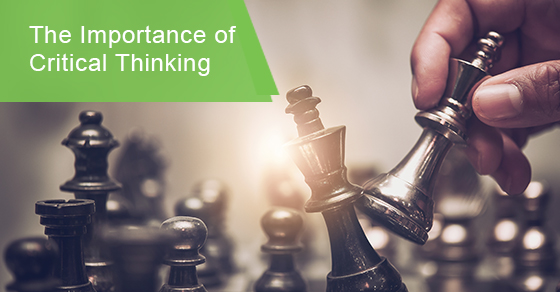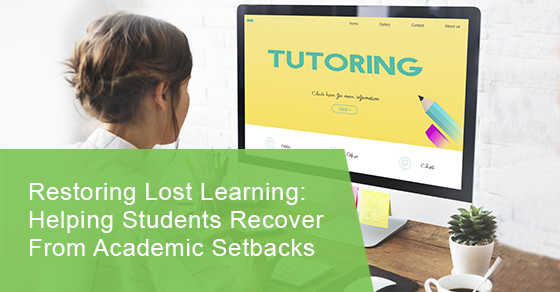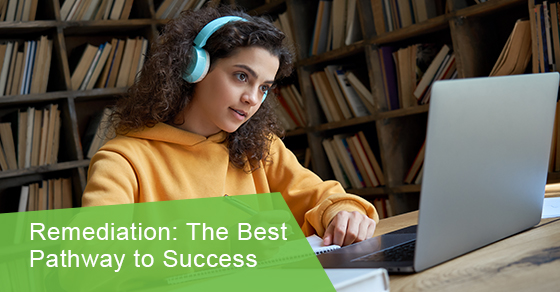When Tesla Motors CEO Elon Musk announced that he would buy the social media site Twitter, the media universe lit up like a bonfire. The debates, opinions, and news seemed endless: Is the deal a good thing or a bad thing? Will the purchase go ahead or fail? Whom would it help and whom would it harm? What might it mean for speech, politics, community, or marginalized groups? How will such an acquisition affect the average person? Is Musk a saviour, a villain, or neither?
Sorting through all the information and messaging bombarding us about this topic across the media, it can be challenging to make sense of it all. When analyzing events such as this, we need to rely on our critical thinking skills to help us form objective opinions.
What is critical thinking?
Being a critical thinker doesn’t mean being a negative thinker. Critical thinking is the ability to gather and synthesize information, identify biases, make comparisons, ask questions, and weigh alternative points of view to reach informed conclusions. It is an essential skill for students who want to succeed in their post-secondary studies and an important talent in the workplace and life. By acquiring new knowledge and different ways of looking at nuanced or novel problems, people learn to develop and prove logical, supportable arguments informed by research and analysis.
This capability looks different across academic disciplines. For example, students studying history learn to interpret documents by considering their sources, finding corroboration from other sources, and identifying historical context. In the lab, students follow the scientific method and rely on the content knowledge stored in their long-term memory to free up their working memory to brainstorm hypotheses. In math class, students can take the goals of the steps in the solution models they have learned and apply those goals to solve word problems.
Critical thinking means being able to think for yourself, ask what’s really going on around you, and understand other people’s efforts to manipulate your beliefs and actions. Critical thinking skills help us make informed decisions, solve problems, cultivate curiosity, manage our time better, and become more creative. Such abilities can help you prepare for a job interview, improve your relationships, strengthen leadership skills such as empathy and teamwork, and become a productive citizen.
People who are critical thinkers are open-minded and will change their views when the facts demand it. They seek refutation over confirmation. Such folks are willing to push past the obvious to explore what they don’t know and accept information that contradicts their opinions. They can determine what’s credible, understand the scientific method, know the difference between correlation and causation, and avoid hindsight bias (that tendency we have to view past events as having been more predictable than they were).
What gets in the way?
There are, of course, many obstacles to critical thinking. For example, we all have a natural bias in favor of things that affect us positively and we frequently rate our own abilities too highly. We also see the groups we belong to as being inherently better than other groups, and we tend to conform and be persuaded by our peers. Our brains are drawn to assumptions, prejudices, and stereotypes that lack proof because they offer easy cognitive shortcuts. Many people believe that truth is a matter of opinion (relativism), and others believe what they want to be true despite contrary evidence. But with awareness and focus, we can learn to identify and overcome these challenges.
Skills you can learn
This summer, Evoke is launching a new Critical Thinking program designed to help students master these important skills. In eight one-hour sessions, participants will learn the importance of (and brain science behind) content knowledge and time on task, practice understanding and taking points of view, learn how to research information effectively and efficiently, and become familiar with the psychological origins and implications of bias. They’ll find out how to spot fake news and propaganda, practice asking open-ended questions, learn how to identify and make effective comparisons, and become better at breaking down arguments. Sessions will include reinforcing activities, practice time, and self-quizzes. Students will also receive helpful handouts and tip sheets that can be used as reference tools for future coursework. Contact us to learn more. Now, more than ever, the world needs critical thinkers.




